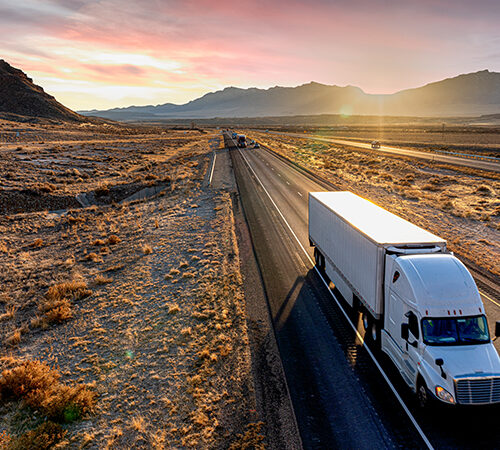Introduction
Owner-operators make up a large portion of small business owners, and according to International Risk Management Institute Inc, there are about 350,000 owner-operators in the US. If you plan to become an owner-operator, you will need to consider certain things, from start-up costs to health and medical insurance.
Owner-operators in the US will face different insurance situations based on how they operate, that is, under their own authority or a permanent lease to a motor carrier. Owner-operators should do the necessary research to understand which policies can protect their assets and livelihood and which coverages are offered by motor carriers.

Why do you need Owner-operator Insurance?
Owner-operators can choose from a wide range of coverages. Then there’s the liability that covers damage or injuries incurred from a truck accident, and this coverage will also protect the truck. People in the trucking business will opt for the different types of coverage because they are a legal requirement; some are required for contracts. While some are not required, people will choose to get coverage to keep their business protected at all times against anything that might come up and disturb their operations.
While primary liability coverage is needed in all states for owner-operators functioning under a permanent lease, there is also the need for extra coverage for operating out of dispatch, and an accident should occur.
Owner-operators who operate under a permanent lease
Some motor carriers will offer an insurance package to truck drivers operating their own business, but this type of coverage might be lacking and not offer the best protection. Hence it is recommended that you seek out your own coverage solution.
Owner-operators who work under a permanent lease to a motor carrier can get coverage that include:
Physical Damage: Several things can cause damage to your truck. These include accidents or risks such as vandalism or fire. All these can be covered with Physical Damage coverage.
Bobtail Liability: You can get liability coverage with Bobtail liability when your truck is without a trailer.
Unladen Liability: When traveling with an empty trailer or without a trailer, you will receive protection against accident-related liability. Other important liabilities include Non-trucking Liability and Passenger Accident.
Owner-operators who operate their business with their own authority
Coverages include:
Primary Liability: If you operate under your own authority, you will need Primary Liability Coverage to cover losses that can be incurred due to injuries to other people or their property.
General Liability: This will help to protect your trucking business from property damage, bodily injury, and personal injury due.
Physical Damage: Physical damage coverage can help to cover damage to your truck. It can be used to pay for truck repairs or towards its replacement.
Other coverage options include Motor Truck Cargo and Passenger Accident.
How Much Does Owner-operator Insurance Cost?
It is somewhat difficult to determine the cost of Owner-operator Insurance because it varies according to the kind of coverage being paid for, the different risks for each policy, and the dollar amount for the purchased coverage.





